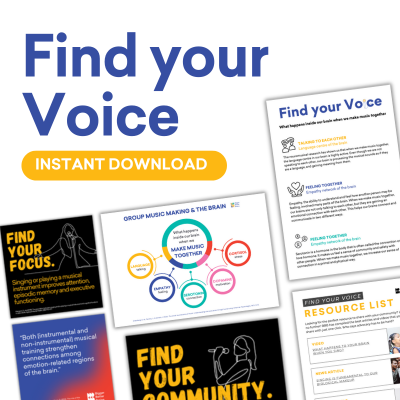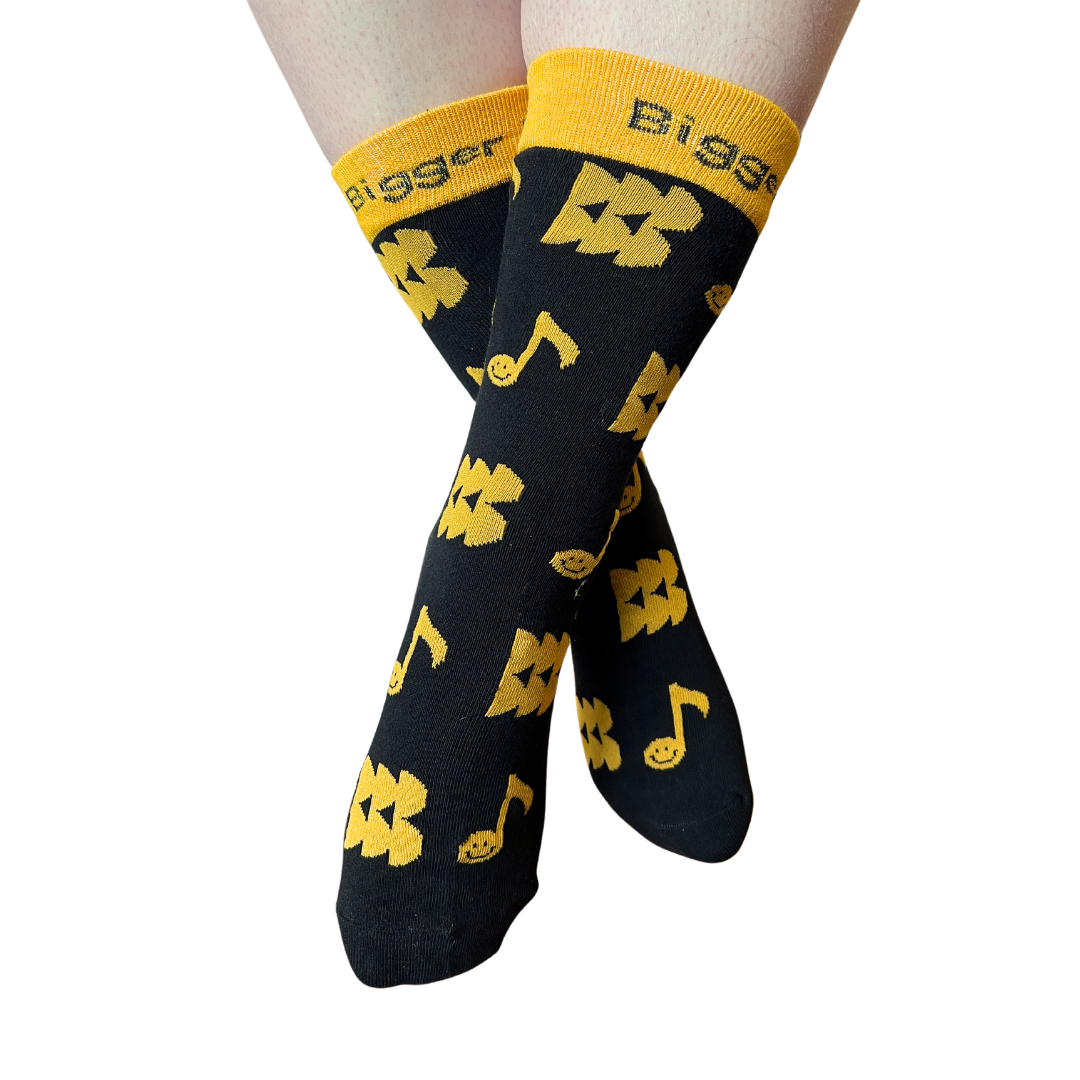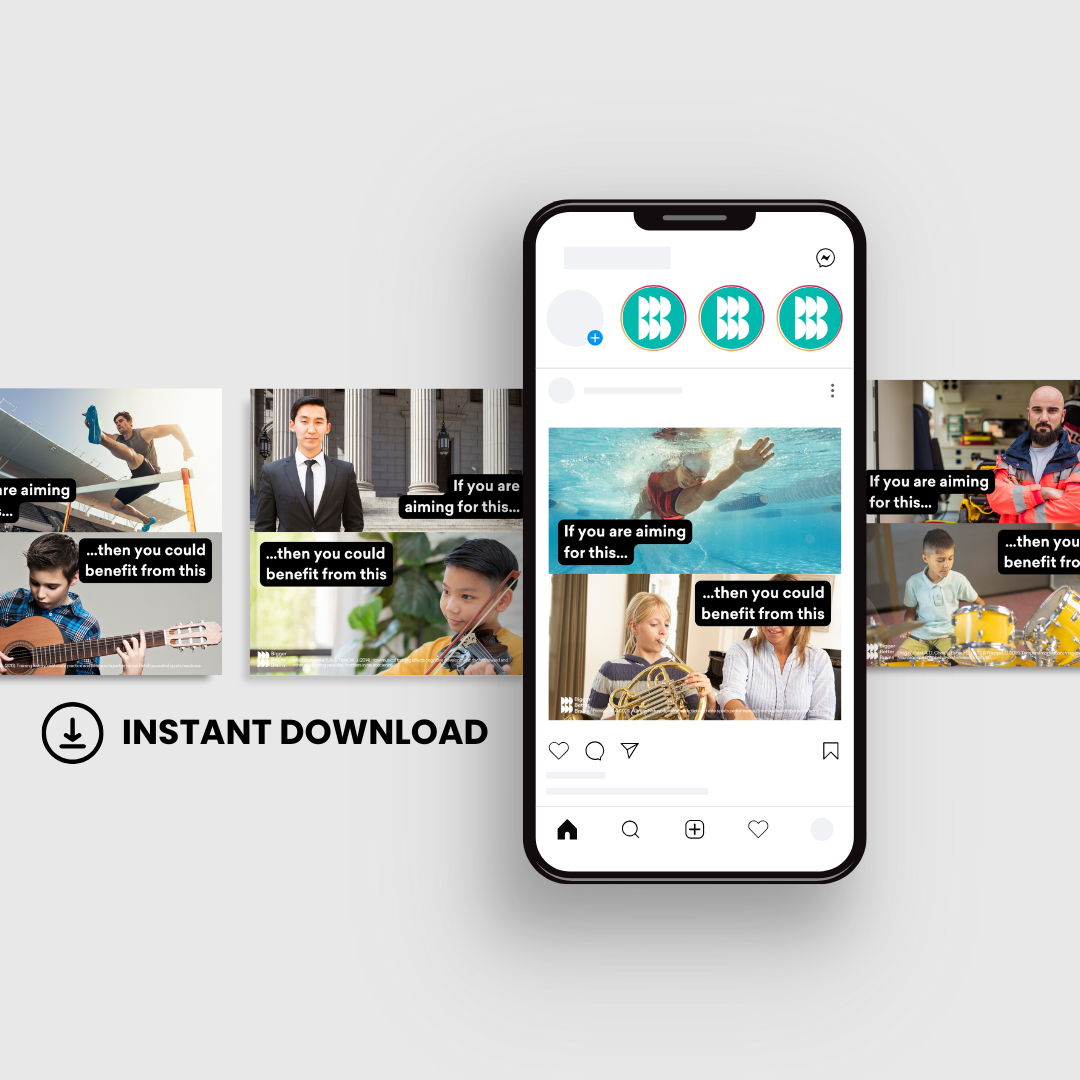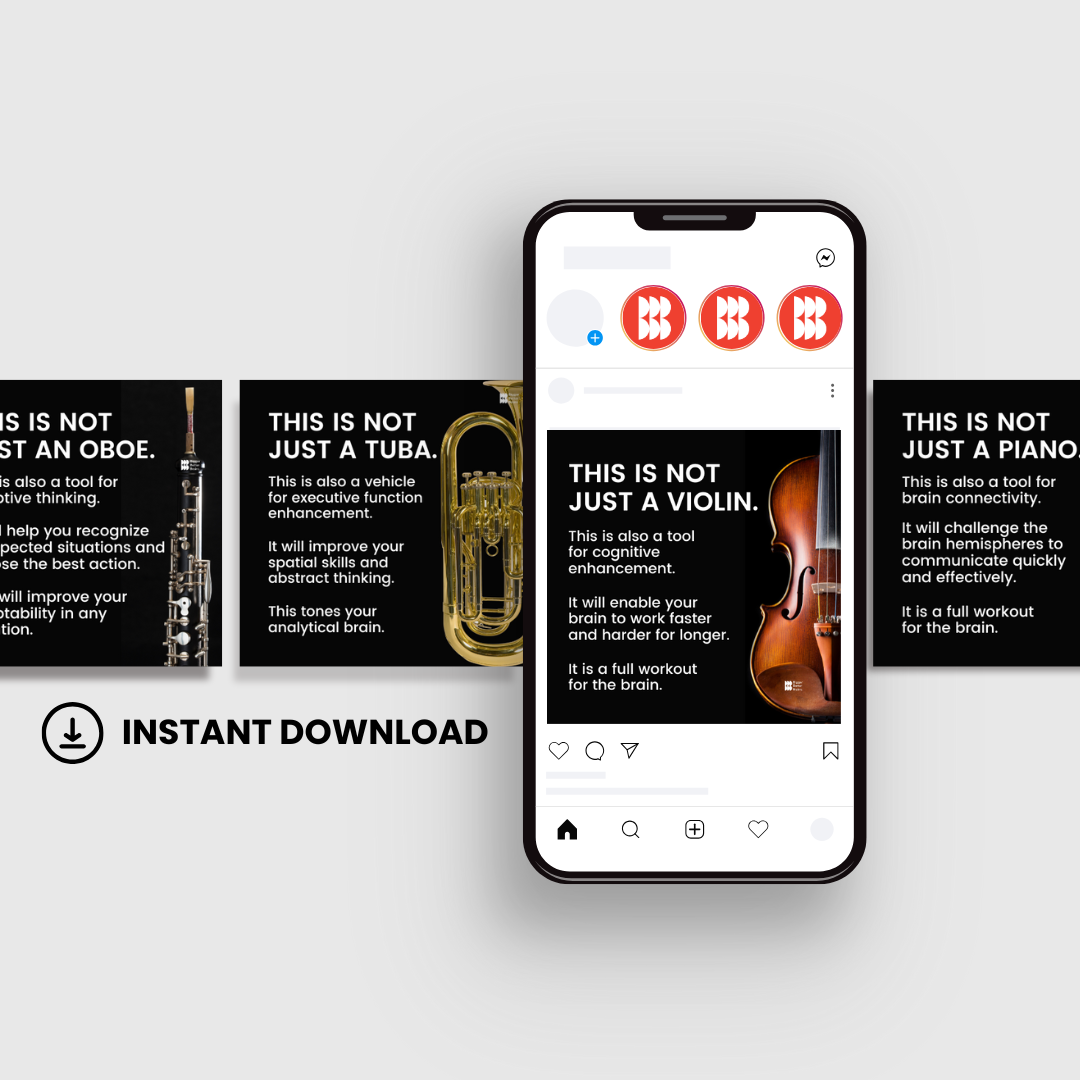
Research Updates

Here at Bigger Better Brains we believe that through educating yourself, you can then educate and affect positive change in your community.
With all of the research in the field of neuromusical science, our BBB Research section serves as a content hub for you. We regularly share findings and break down the latest research to educate and inspire discussion. We hope you enjoy this page on our website and share BBB news with your colleagues, parents and students.
Your Brain Will Thank You for Being a Musician!
One of BBB’s favourite researchers, Dr Patricia Izbicki, has done all the hard work for us and summarised the five great reasons why music learning is the childhood experience that just keeps on giving well into our later life.
Music is nature’s own little buzz
Ever wondered what that tingling sensation in your brain or on your scalp is called when you listen to music? We hadn’t wondered, but we feel better now that we know. It’s called the Autonomous Sensory Meridian Response (ASMR). We probably won’t remember that long name or the acronym but “head orgasm” is a term that won’t be forgotten.
Carnatic singing (a form of Indian music) enhances working memory
The location of neuromusical research tends to lend itself to the study of music learning through the Western Art Music genre. This has been useful when it comes to the ability to compare research study findings but not as useful when it comes to our understanding of the impact of non-Western Art Music genre on brain development.
Music training could guard against mood and cognitive disorders
One of the challenges with neuromusical research is that it can be so technical that it is hard to connect what the studies find with what it could mean in the “real world”. This study is a perfect example with the title “Gamma-Band Frequency Analysis and Motor Development in Music-Trained Children: A Cross-Sectional Study”
Drummers are thick…but not in the way we joke about!
Drummers, very unfairly, can be the target of some pretty mean jokes and stereotypes. For example, What do you call a drummer with half a brain? Gifted!
Music therapy and Autism - Dr. Summa-Chadwick
Music learning has so many amazing benefits for students, but did you know that music learning is often used as a therapy tool for children with autism?
Music is turning back time for older adults
This paper looked at the research that has found that musicians have better speech in noise perception and asked if short-term music training might be beneficial for older adults, even if they didn’t have music training in their background.
















